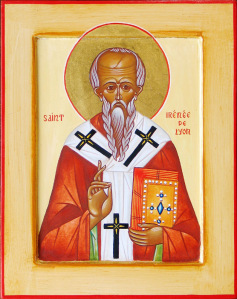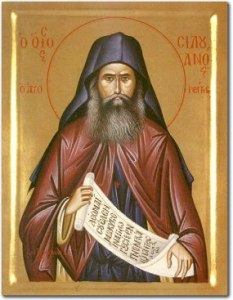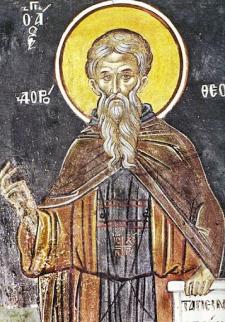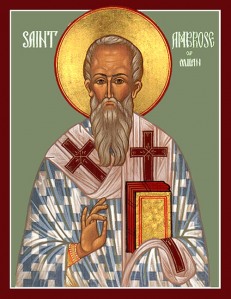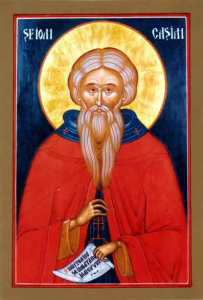 Then the blessed Chæremon spoke:
Then the blessed Chæremon spoke:
There are, said he, three things which enable men to control their faults;
viz., either the fear of hell or of laws even now imposed;
or the hope and desire of the kingdom of heaven;
or a liking for goodness itself and the love of virtue.
For then we read that the fear of evil loathes contamination: “The fear of the Lord hateth evil” (Prov. 9:13).
Hope also shuts out the assaults of all faults: for “all who hope in Him shall not fail” (Ps. 33:23).
Love also fears no destruction from sins, for “love never faileth” (1 Cor. 13), and again “love covers a multitude of sins” (1 Pet. 4:8).
And therefore the blessed Apostle confines the whole sum of salvation in the attainment of those three virtues, saying “Now abideth faith, hope, love, these three” (1 Cor. 13:13).
For faith is what makes us shun the stains of sin from fear of future judgment and punishment;
hope is what withdraws our mind from present things, and despises all bodily pleasures from its expectation of heavenly rewards;
love is what inflames us with keenness of heart for the love of Christ and the fruit of spiritual goodness, and makes us hate with a perfect hatred whatever is opposed to these.
And these three things although they all seem to aim at one and the same end (for they incite us to abstain from things unlawful) yet they differ from each other greatly in the degrees of their excellence.
For the two former belong properly to those men who in their aim at goodness have not yet acquired the love of virtue, and the third belongs specially to God and to those who have received into themselves the image and likeness of God.
For He alone does the things that are good, with no fear and no thanks or reward to stir Him up, but simply from the love of goodness. For, as Solomon says, “The Lord hath made all things for Himself” (Prov. 16:4).
For under cover of His own goodness He bestows all the fulness of good things on the worthy and the unworthy because He cannot be wearied by wrongs, nor be moved by passions at the sins of men, as He ever remains perfect goodness and unchangeable in His nature.
John Cassian (c. 360-435): Conferences 11, 6.
 Speak that by hearing those whom you address may believe, and that belief may give them hope, and hope inspire them to love
Speak that by hearing those whom you address may believe, and that belief may give them hope, and hope inspire them to love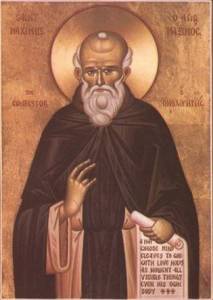 Continued from
Continued from 